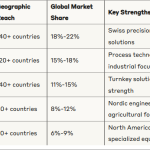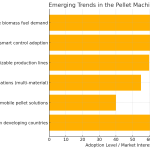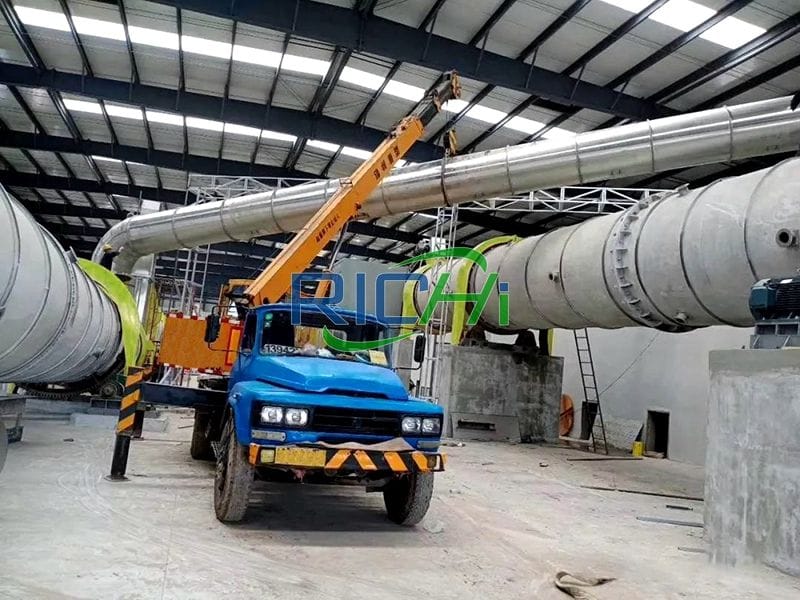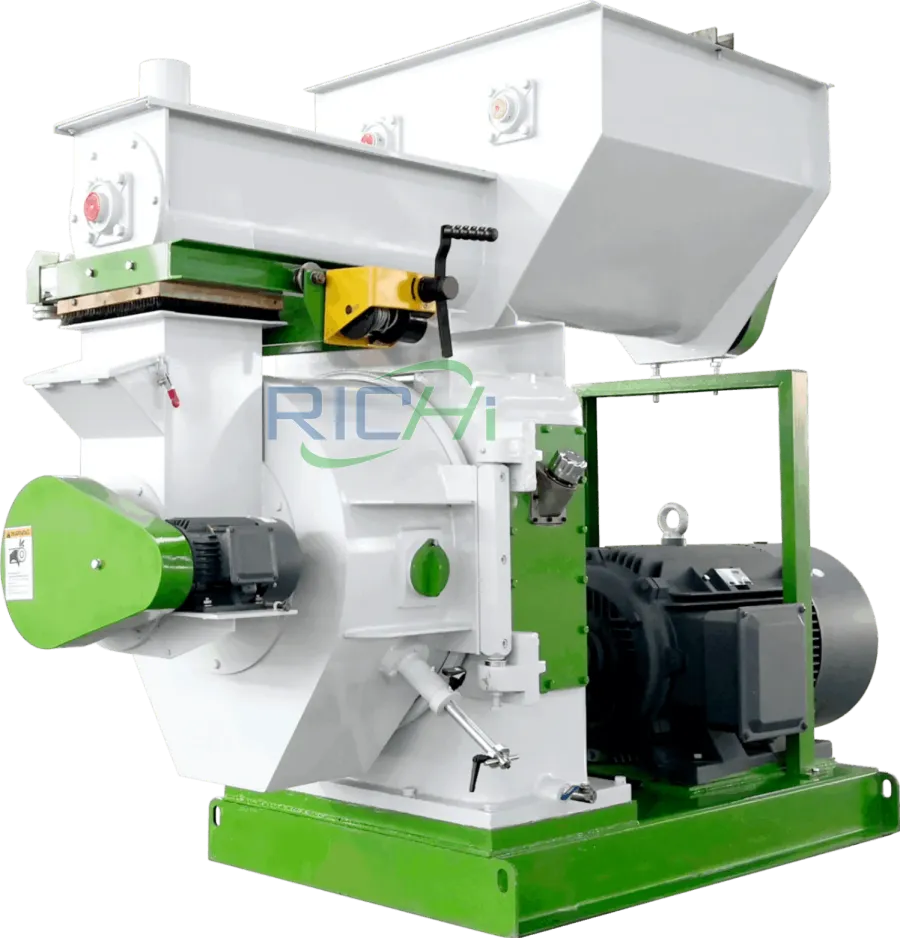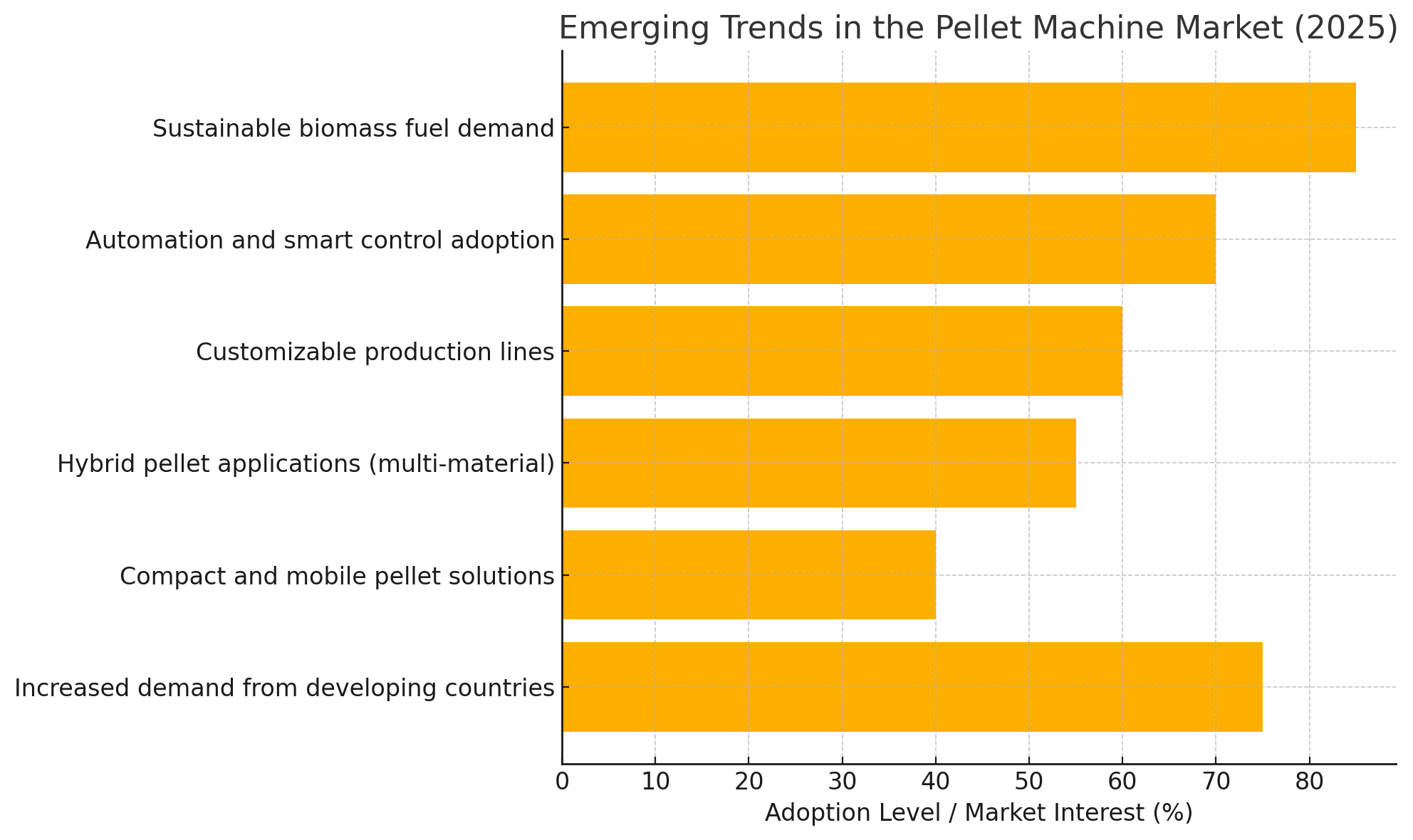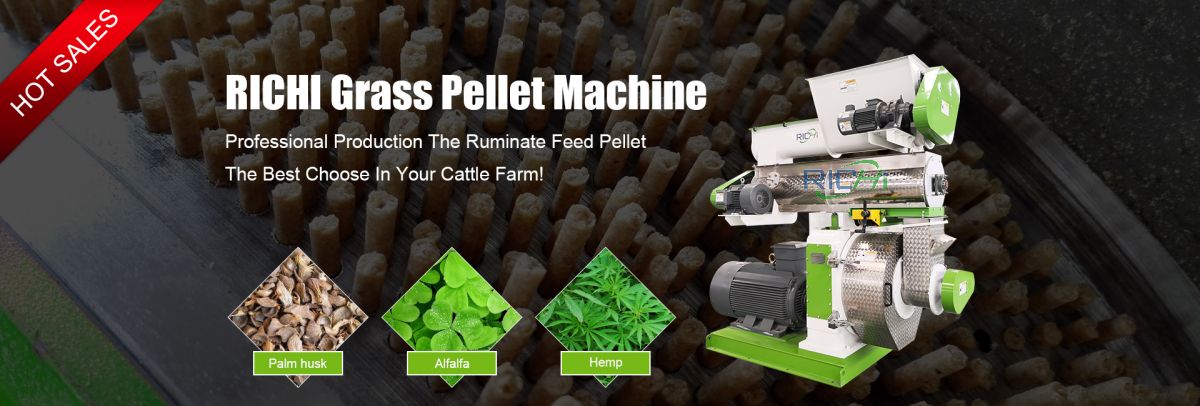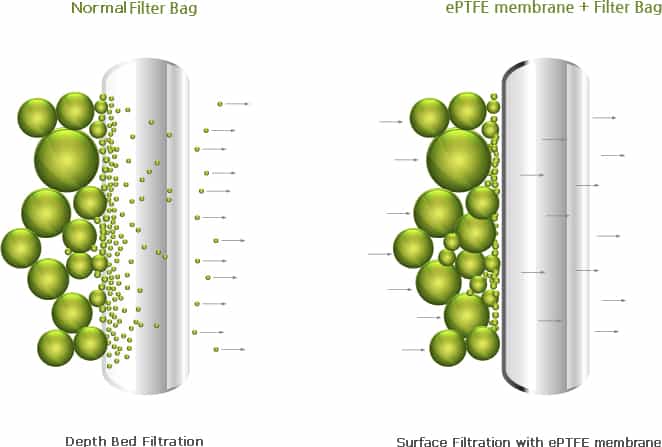Thailand, with its robust agricultural sector and growing focus on sustainable farming practices, presents an excellent opportunity for establishing organic fertilizer pellet production lines. This article explores the diverse range of local raw materials available in Thailand that can be utilized in an organic fertilizer pellet production line, highlighting the country’s natural resources and agricultural byproducts.
Agricultural Waste
- Rice Husks and Straw
Thailand is one of the world’s largest rice producers, generating substantial amounts of rice husks and straw as byproducts. These materials are excellent for organic fertilizer production due to their:
- High silica content, which improves soil structure
- Abundance and year-round availability
- Contribution to soil carbon content
- Sugarcane Bagasse
As a major sugarcane producer, Thailand has a significant supply of sugarcane bagasse, the fibrous residue left after extracting juice from sugarcane. Bagasse is valuable for organic fertilizer production because of its:
- High organic matter content
- Ability to improve soil water retention
- Contribution to soil microbial activity
- Cassava Waste
Thailand is a leading cassava producer, and the processing of cassava generates various waste products suitable for fertilizer production:
- Cassava peel
- Cassava pulp
- Cassava wastewater
These materials are rich in organic matter and nutrients, making them excellent additions to organic fertilizer blends.
Animal Manure
- Chicken Manure
Thailand’s poultry industry produces significant amounts of chicken manure, which is:
- Rich in nitrogen, phosphorus, and potassium
- Readily available near poultry farms
- Effective in improving soil fertility
- Swine Manure
The country’s pig farming sector generates swine manure that can be composted and used in organic fertilizer production. It offers:
- High nutrient content
- Improvement of soil organic matter
- Enhancement of soil microbial activity
- Cattle Manure
Dairy and beef cattle farms in Thailand produce manure that is valuable for organic fertilizer due to its:
- Balanced nutrient profile
- Contribution to soil structure improvement
- Slow-release nutrient properties
Fishery and Aquaculture Waste
- Fish Waste
Thailand’s substantial fishing industry produces fish waste that can be processed into high-quality organic fertilizer. Fish waste offers:
- High nitrogen and phosphorus content
- Trace elements beneficial for plant growth
- Rapid nutrient release
- Shrimp Pond Sediment
The country’s shrimp farming industry generates pond sediment that can be utilized in fertilizer production, providing:
- Rich organic matter content
- Essential nutrients for plant growth
- Improvement of soil physical properties
Food Processing Waste
- Fruit and Vegetable Waste
Thailand’s food processing industry generates significant amounts of fruit and vegetable waste, which can be composted and used in organic fertilizer production line. These materials offer:
- Diverse nutrient profiles
- Improvement of soil organic matter content
- Enhancement of soil microbial diversity
- Palm Oil Mill Effluent (POME)
The palm oil industry in Thailand produces POME, which can be treated and used as a nutrient-rich addition to organic fertilizers, providing:
- High organic matter content
- Essential plant nutrients
- Improvement of soil water retention capacity
Forest and Wood Industry Byproducts
- Sawdust and Wood Chips
Thailand’s forestry and wood processing industries produce sawdust and wood chips that can be composted and used in organic fertilizer production. These materials offer:
- Improvement of soil structure
- Enhancement of soil water retention
- Slow-release carbon source for soil microorganisms
- Bark and Leaf Litter
Collected bark and leaf litter from forestry operations can be processed into organic fertilizer, providing:
- Diverse nutrient content
- Improvement of soil organic matter
- Enhancement of soil biodiversity
Urban Organic Waste
- Municipal Solid Waste (Organic Fraction)
Properly sorted and composted organic fraction of municipal solid waste can be a valuable input for organic fertilizer production, offering:
- Diverse nutrient content
- Reduction of waste sent to landfills
- Contribution to circular economy principles
- Green Waste from Parks and Gardens
Collected green waste from urban areas can be composted and used in fertilizer production, providing:
- Rich organic matter content
- Improvement of soil structure
- Enhancement of soil water retention capacity
Considerations for Raw Material Selection
When choosing raw materials for an organic fertilizer pellet production line in Thailand, several factors should be considered:
- Availability and Supply Chain
- Assess the quantity and consistency of supply for each potential raw material
- Consider seasonal variations in agricultural residues
- Evaluate transportation infrastructure for moving raw materials to the production facility
- Nutrient Content and Quality
- Analyze the nutrient profiles of different materials
- Consider the balance of macro and micronutrients
- Assess the potential for contaminants or undesirable substances
- Processing Requirements
- Evaluate the need for pre-treatment (e.g., grinding, drying, composting)
- Consider the compatibility of different materials in the pelletizing process
- Assess the energy requirements for processing various raw materials
- Regulatory Compliance
- Ensure compliance with Thai organic farming standards and regulations
- Consider international organic certification requirements for export markets
- Adhere to environmental regulations regarding waste processing and fertilizer production
- Market Demand
- Assess the nutrient requirements of major crops in Thailand
- Consider the preferences of organic farmers and export markets
- Evaluate the potential for developing specialized fertilizer blends
Conclusion
Thailand offers a diverse range of raw materials suitable for organic fertilizer pellet production, reflecting its rich agricultural sector and natural resources. From agricultural residues and animal manures to food processing waste and urban organic materials, the options are plentiful and varied. This abundance of raw materials positions Thailand favorably in the growing organic fertilizer market.
The key to success lies in carefully selecting and combining these raw materials to create high-quality, balanced organic fertilizer pellets that meet the needs of farmers and comply with organic farming standards. By leveraging its natural resources and agricultural byproducts, Thailand can establish a robust and sustainable organic fertilizer industry.
As the demand for organic products continues to grow both domestically and internationally, Thailand’s organic fertilizer pellet production sector has the potential to not only support local organic farming but also become a significant player in the global market. The effective utilization of these diverse organic resources through pellet production can contribute significantly to Thailand’s agricultural sustainability, soil health improvement, and overall economic growth in the organic sector.


